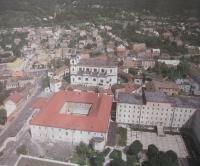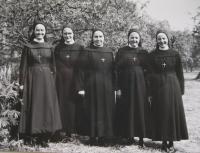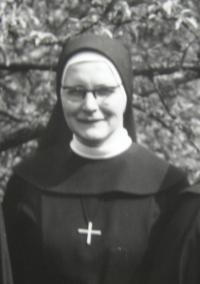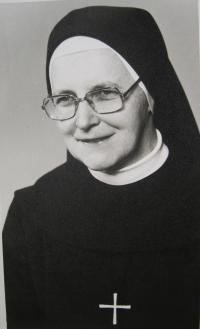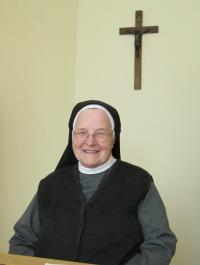We said to each other that we had to endure it and remain faithful

Stáhnout obrázek
Anežka Křivánková, or sister Pavla by her convent name, was born in 1929 in Modrá near Velehrad. After completing the elementary school she began studying the convent school in Napajedla and then she remained in the Congregation of the Sisters of Charity of the Holy Cross. After the communist takeover of power, all the sisters were deported to the centralized convent in Bohosudov in September 1950. She had also taken her vows there immediately before another deportation took place. She then worked in factories in Varnsdorf and Trutnov. All the sisters were pressured to leave the order, and they were under constant surveillance. From the mid-1950s sister Pavla worked as a nurse in Lukov near Zlín. In 1964 she became an assistant to the new provincial sister superior and she served this way for the following twenty years. In 1984 she was elected to the general chapter in Switzerland where she served till 1997. At present she lives in the Convent of the Holy Cross in Kroměříž.
